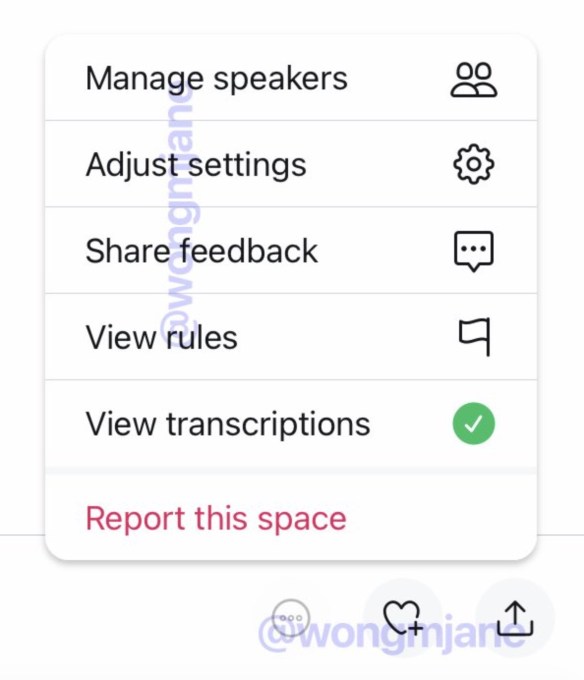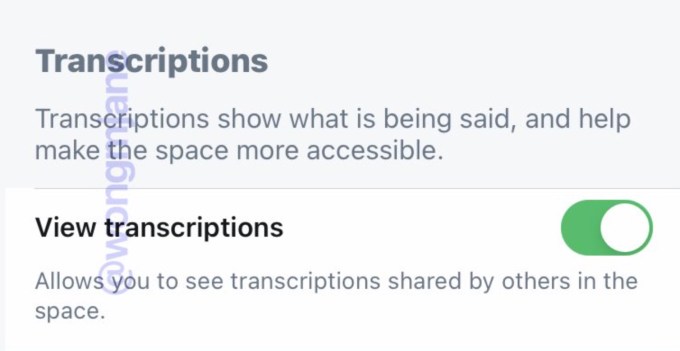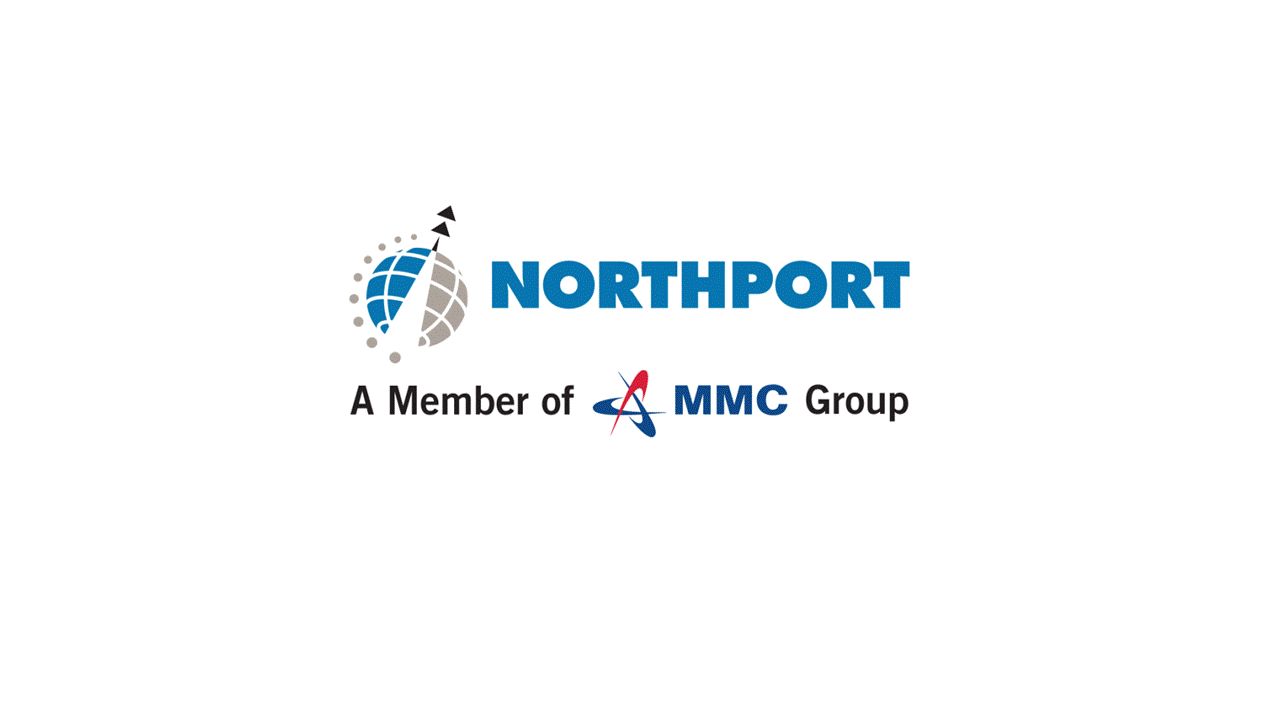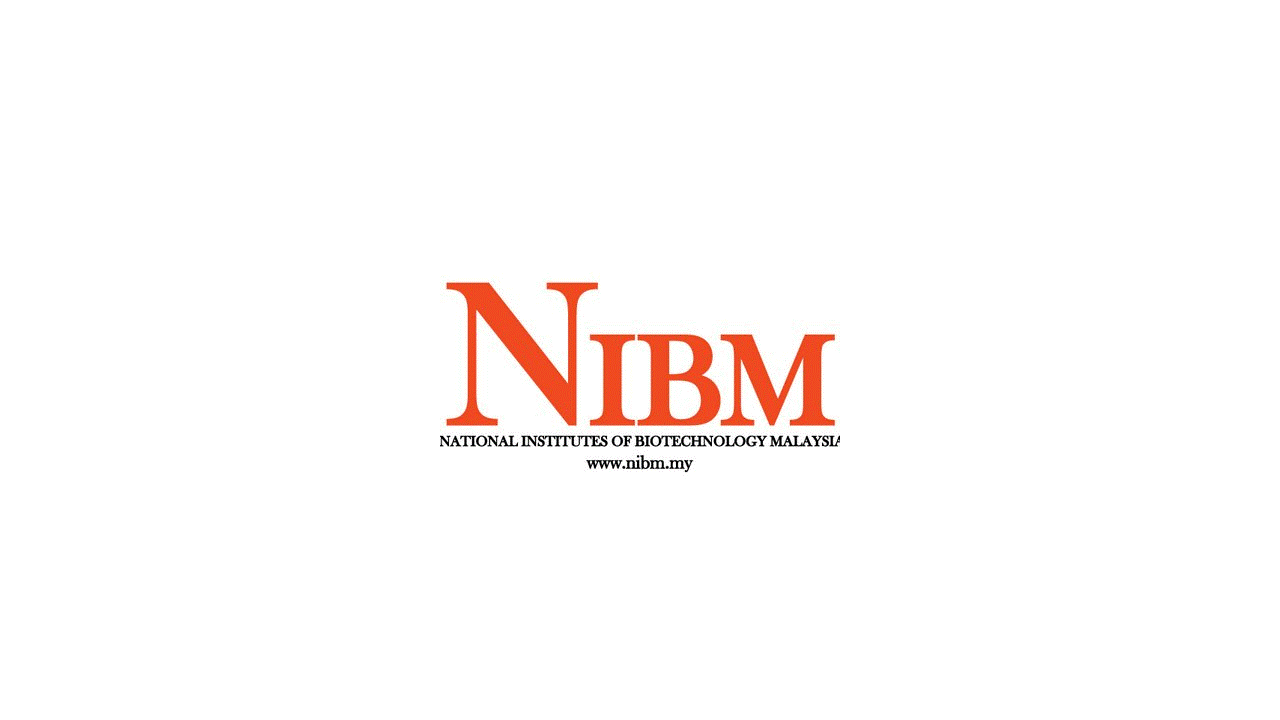- November 30, 2020
- by:
- in: Blog
This Thanksgiving, I hope you caught a glimpse of this feeling of appreciation for people and experiences in your life.
Sophie Alcorn
Contributor
Sophie Alcorn is the founder of
Alcorn Immigration Law in Silicon Valley and 2019 Global Law Experts Awards’ “Law Firm of the Year in California for Entrepreneur Immigration Services.” She connects people with the businesses and opportunities that expand their lives.
More posts by this contributor
Here’s another edition of “Dear Sophie,” the advice column that answers immigration-related questions about working at technology companies.
“Your questions are vital to the spread of knowledge that allows people all over the world to rise above borders and pursue their dreams,” says Sophie Alcorn, a Silicon Valley immigration attorney. “Whether you’re in people ops, a founder or seeking a job in Silicon Valley, I would love to answer your questions in my next column.”
Extra Crunch members receive access to weekly “Dear Sophie” columns; use promo code ALCORN to purchase a one- or two-year subscription for 50% off.
Dear Reader,
Thank you so much for being a part of the genesis of “Dear Sophie” over the course of this year. As I reflect on the Thanksgiving holiday weekend, I’m appreciative of how much all of us around the world have come to know in 2020. We are all interconnected, regardless of where we were born or wherever we currently reside. This year has included major, transformative events. These changes serve us to better know what we want and what we don’t. As a result, I am positive that our future experiences will be enhanced.
Looking back over the last year, I’m appreciative of President Trump’s digitization effort to improve the H-1B lottery process.
Looking forward, it’s exhilarating that increasing access to immigration opportunities is a major priority for President-elect Biden. I’m confident the Biden-Harris administration will support the U.S. embracing our roots as a land of opportunity. Moving into 2021 we will recognize our immigrant heritage, welcome newcomers and recognize the important contributions of immigrants for a better world.
There’s so much to be thankful for:
I’m appreciative of you, my readers, and the messages and feedback I receive from you about this column, questions you have and topics you would like to see covered. I appreciate TechCrunch and Extra Crunch for this platform to share my thoughts, experiences and knowledge.
I’m appreciative of all of our clients from around the world who we’ve been able to successfully support. Many moments this year seemed bleak, but we were able to come through. I appreciate their many contributions to the U.S. and creating health solutions and jobs as they have gone on to launch and scale innovative startups in Silicon Valley and beyond.
I’m appreciative of my amazing team at Alcorn Immigration Law and for our successes in supporting folks to come to live and work in the U.S. and achieve their dreams. And I’m appreciative of our team to compile a “64 Questions to Ask Your Immigration Attorney,” a checklist of questions you should ask when interviewing immigration attorneys before starting the immigration process. I’m appreciative for having the opportunity to share my knowledge on my podcast, Immigration Law for Tech Startups — this week’s podcast is all about appreciation!
And finally, I’m appreciative of my amazing job. I have the privilege of supporting people from all around the world to create their dreams. It’s humbling and inspiring to listen to my clients’ stories, hopes and dreams. It’s the most magnificent chess game to identify and tailor immigration strategies that best fit their unique situation, priorities and timing.
Part of why being an immigration attorney inspires me is because our amazing clients entrust us to support them in navigating the U.S. immigration system to make their dream a reality. We had many major legal victories this year:
I appreciate the client who was on an E-2 Visa for Treaty Investors as an employee. He was desperate to join an early-stage startup and was in a difficult bind of needing to get expedited approval in the pandemic and be able to provide his contractual notice to his current employer. We all knew it was risky, so I’m proud of our team for successfully petitioning for the startup to sponsor him in O-1A Visa for Extraordinary Ability status.
I also appreciate the aspiring startup founder we helped to gain independence from a corporate employer by assisting him with self-petitioning his green card. We succeeded in getting him approved for an EB-2 NIW (National Interest Waiver) exceptional ability green card.
I am also appreciating that we successfully supported a prospective startup co-founder to remain in the U.S. while maintaining his position in line for a green card. A prominent VC required that he immediately leave his current employer and begin working full time for the very early-stage startup prior to investing $6 million. This founder had been bound at a prior company in L-1A Visa for Intracompany Transferee Managers and Executives, and he didn’t want to lose his midstream green card process. We successfully transitioned him to the new company quickly and secured him green card portability. He can now focus on the startup and spending time with his family.
While most U.S. consulates remained closed, I appreciate that we were able to support our client to get an E-3 Visa interview, have her visa approved and be able to move to the U.S., even in the middle of the pandemic.
Notably, we helped a client avoid having to return to her home country for two years after her J-1 Educational and Cultural Exchange Visa was set to expire, and her employer was about to do a round of layoffs. We guided her through the green card process, including helping her prepare for an interview at U.S. Citizenship and Immigration Services (USCIS), as well as accompanying her to the interview. Instead of being banished from the U.S., now she is celebrating that it is her permanent home.
And there are so many more stories like these.
I’m also appreciative that we launched our first online immigration course, Extraordinary Ability Bootcamp. Many of our client successes stem from options such as the O-1A nonimmigrant visa, as well as the EB-1A extraordinary ability green card and the EB-2 NIW green card. I’m grateful to have had the opportunity to record a series of classes that can help anybody meet the criteria for U.S. immigration.
This Thanksgiving, I hope you caught a glimpse of this feeling of appreciation for people and experiences in your life. I feel exhilarated and eager about the future and to see what’s ahead. 2020 has taught me that we are empowered at this moment because we have the freedom to choose how we feel. We can always choose to love and appreciate unconditionally. New opportunities are ahead that will support us all.
Thank you for being a part of “Dear Sophie.”
Joyfully,
Sophie
Have a question? Ask it here. We reserve the right to edit your submission for clarity and/or space. The information provided in “Dear Sophie” is general information and not legal advice. For more information on the limitations of “Dear Sophie,” please view our full disclaimer here. You can contact Sophie directly at Alcorn Immigration Law.
Sophie’s podcast, Immigration Law for Tech Startups, is available on all major podcast platforms. If you’d like to be a guest, she’s accepting applications!






























